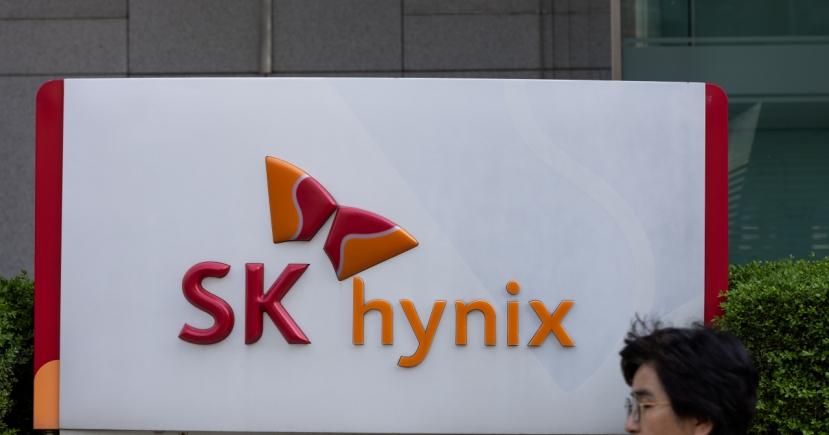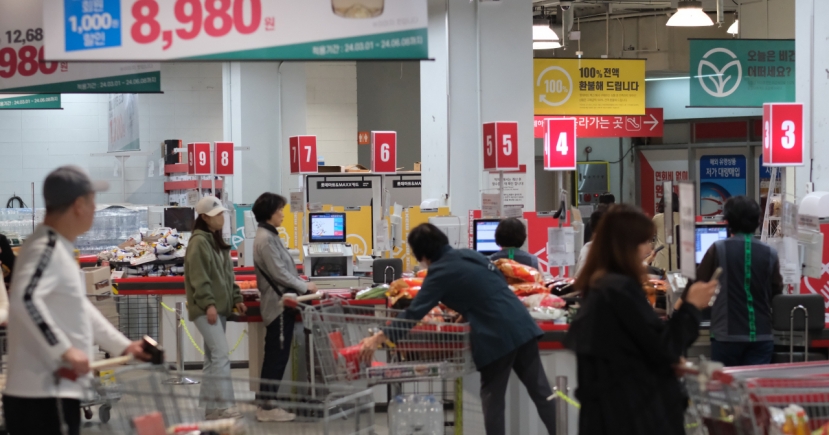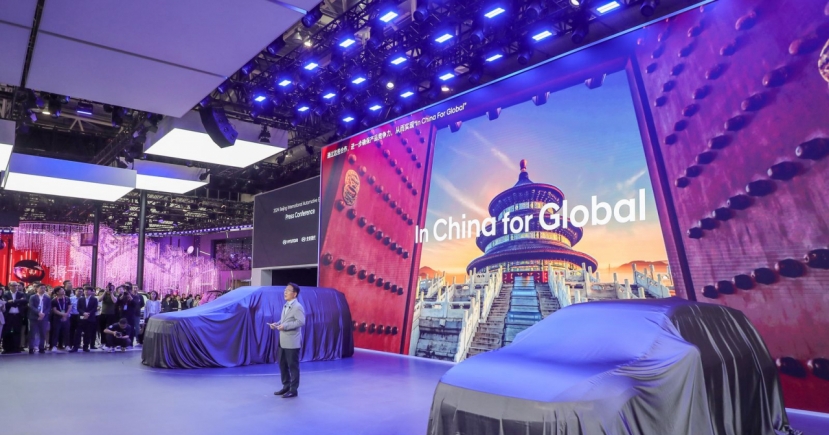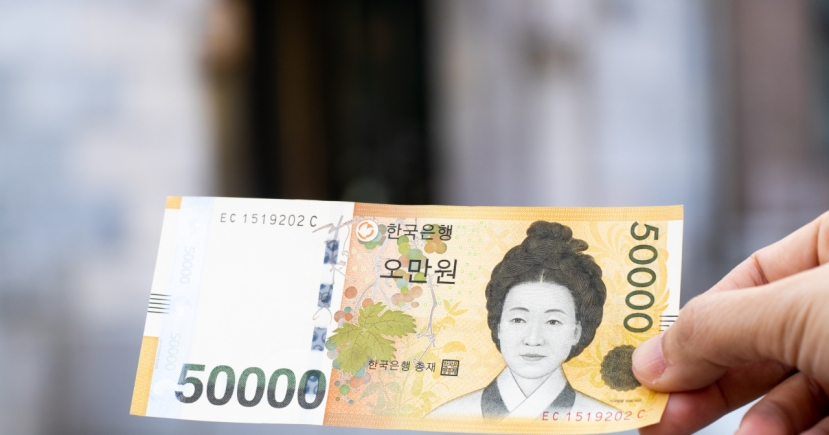Bio
Contract dispute between Reyon and ViroMed deepens
[THE INVESTOR] A patent licensing dispute between Reyon Pharmaceutical and ViroMed is intensifying as a gene therapy candidate developed by the latter is expected to become commercialized.
Seoul-based Reyon threatened to sue ViroMed on July 19 if its long-time partner manufactures the potential drug VM202 at a US plant that ViroMed recently acquired. Reyon claims that such an action would breach a license agreement under which Ryeon has the right to produce the ingredients of the drug.
 |
“We will take all possible measures to bring the case to court if ViroMed plans to commercially produce VM202 (at the US site),” the Korean drug company said in a statement.
VM202 is a gene therapy from ViroMed undergoing phase 3 clinical studies for painful diabetic peripheral neuropathy in the US. According to US market research firm Viewpoint, the drug could generate revenue worth 18 trillion won (US$15.9 billion) in the US alone if it is commercialized.
The move comes as ViroMed announced on July 18 that it took over a production site in San Diego, California, where the company has been supplied plasmid used in gene therapy’s clinical trials.
Reyon is currently constructing a 80 billion won plant dedicated to the production of the ViroMed‘s gene therapy.
In 2004, Reyon licensed rights from ViroMed to commercialize VM202 in the Korean market and supply active pharmaceutical ingredient of the med to the global market. The two have been in partnership for nearly 15 years before they began to squabble over the interpretation of contract terms.
In November last year, Reyon filed a lawsuit against ViroMed, claiming to provide 50 percent of the patent share of VM202 and clinical research data. But the court dismissed the case in May with an order to go through an arbitration process first.
By Park Han-na (hnpark@heraldcorp.com)






![[KH Explains] Korean shipbuilding stocks rally: Real growth or bubble?](http://res.heraldm.com/phpwas/restmb_idxmake.php?idx=151&simg=/content/image/2024/04/25/20240425050656_0.jpg)
![[Hello India] Hyundai Motor vows to boost 'clean mobility' in India](http://res.heraldm.com/phpwas/restmb_idxmake.php?idx=151&simg=/content/image/2024/04/25/20240425050672_0.jpg)
